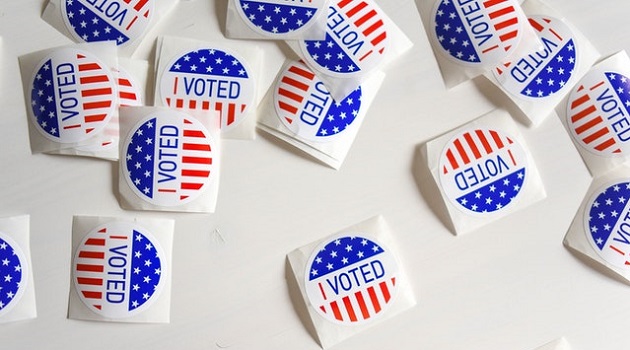Is your vote being counted properly? Grassroots group SC Safe Elections continues fight for access to valuable election audit report
SC Safe Elections (SCSE), a grassroots group dedicated to election integrity in SC, sued 8 counties (Aiken, Beaufort, Charleston, Dorchester, Greenville, Lexington, Spartanburg, and York) and the SC Election Commission (SEC) for access to valuable digital audit tools called Cast Vote Records or CVRs. At least twenty-seven states already have access to these—why not SC? The group sued after being repeatedly denied Freedom of Information Act (FOIA) requests over 9 months starting in December of 2021. The SC State Election Commission cites an attorney general opinion from 2020 that relied on facts provided by the commission claiming there is PII (Personally Identifiable Information) on the ballot and the potential for tying a ballot back to a voter. However, there is no substantive evidence of that and these issues can be easily rectified by customizing and redacting these reports.
The group filed the suit in August of 2022 just before the 2020 election data was potentially going to be destroyed and the judge granted a temporary restraining order preserving the data in those counties. The defendants are countersuing this small group to restrict them from ever submitting another FOIA (Freedom of Information) request for information from the 2020 election. This would be unconstitutional and a terrible reflection of how our state agencies view Freedom of Information laws in the state. The law is called the sunshine law for a reason. The trial is anticipated for late August/September.
This case is all about confirming that your vote is counted properly
The SC Constitution is somewhat unique in that in Section II Article 1 it states that votes shall be cast in secret, but not counted in secret; the current black box method of counting is unconstitutional. Once a voter puts their ballot into the tabulation machine that scans it, they can’t see how it is being counted. Founder and team leader of the SC Safe Elections group, Laura Scharr states, “If the public can’t see how our vote is being counted in the tabulation machines, we at least need some audit tools that help us understand the progression of votes over time. CVR gives us this enhanced data— versus the “total vote count,” information provided from traditional audits. We can’t determine the trajectory of the count, only the total end count. If you wanted to audit a bank account you wouldn’t look at the ending balance, you would want to see the flow of funds over time. That is what the CVR provides a sense of the flow of votes over time.”
The defendants (the Election Commission and the 8 counties) are claiming they don’t have possession of the CVRs, don’t know what PII personally identifiable information is and can’t “generate” them since creating records is not required under FOIA law. However, in depositions they admitted that they do have these CVRs, and in fact, have given ballot images and or CVRs over to Clear Ballot –a third party virtual auditing firm. They also state that a ballot style is personally identifiable information (PII)—this is simply not true. Note that the whole reason our state bought these new machines in 2019 was to provide a “paper audit trail.” Why don’t our election officials know how to produce a key report for that audit trail? If our ballots have barcodes that are read by the tabulators how can a person truly verify their vote?
For more information on how you can support transparent elections, go to scsafeelections.org
Laura Scharr, CFP(R), MBA,
Team Leader SC Safe Elections



